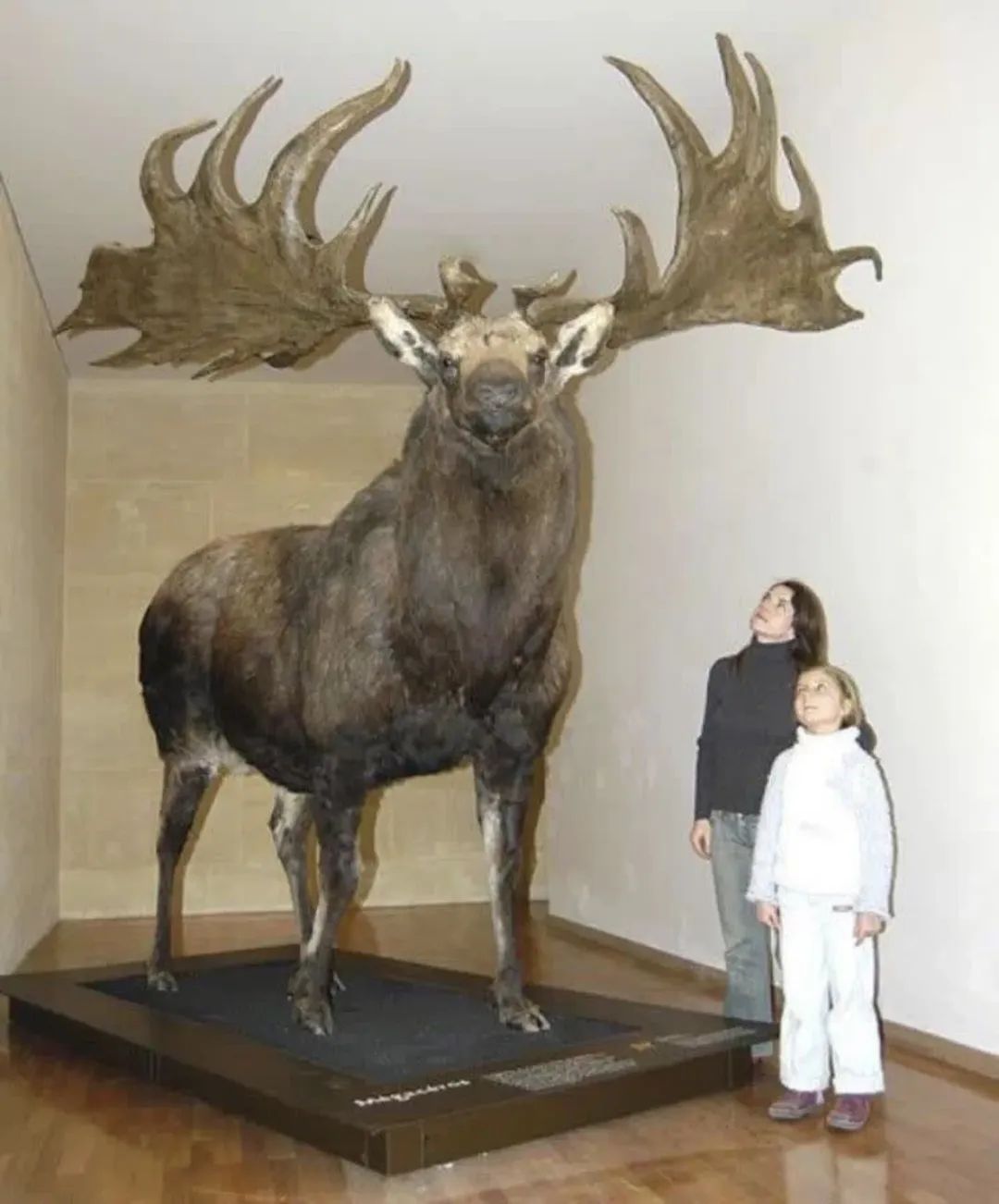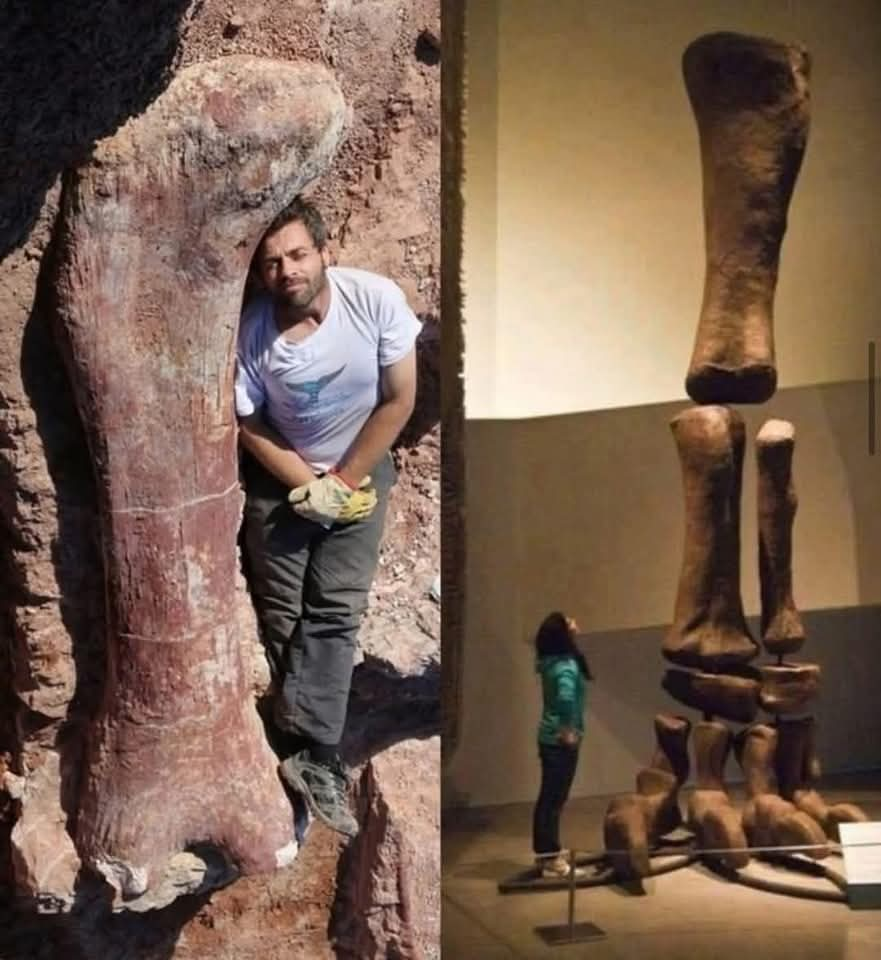
“Silas Marner,” the classic novel by George Eliot, published in 1861, weaves a tale of betrayal, redemption, and the transformative power of love. Set in the rural English countryside of the 19th century, it tells the story of a reclusive weaver whose life is forever altered by a golden-haired child.
Silas Marner, once a devoted member of a religious community, finds himself falsely accused of theft by his best friend, who then marries Marner’s fiancée. Betrayed and heartbroken, Marner leaves his town and settles in the village of Raveloe, where he becomes a recluse, dedicating his life to the solitary craft of weaving and amassing a small fortune in gold coins, which he hoards obsessively. His gold becomes his only solace, a replacement for human connection.
However, Marner’s life takes an unexpected turn when his treasure is stolen, leaving him in despair. But fate intervenes in the most unexpected form—a golden-haired toddler, Eppie, wanders into his home after her mother dies in the snow. Marner, finding the child on the hearth, is reminded of his lost gold but soon discovers that Eppie is a far greater treasure.
Eppie brings a new light into the weaver’s darkened world. As Marner raises her, he is reintroduced to the rhythms of human life and becomes integrated into the community once more. Through Eppie’s innocent love and trust, Marner learns that true wealth is not counted in coins, but in connections to others and the joy they bring.
The novel is a rich tapestry of themes, exploring the nature of isolation and community, the corrosive power of greed, and the possibility of second chances. Eliot’s insightful narrative delves into the complexities of human relationships and the ways in which society can both shun and embrace its members.
“Silas Marner” is a testament to the resilience of the human spirit and the enduring belief that love can restore even the most damaged of hearts. It is a story that captures the redemption that comes from opening one’s life to others, and the beauty of finding a place to belong. Eliot’s novel remains a beloved and poignant exploration of the capacity for change and the inexhaustible potential for personal growth.










Leave a Reply